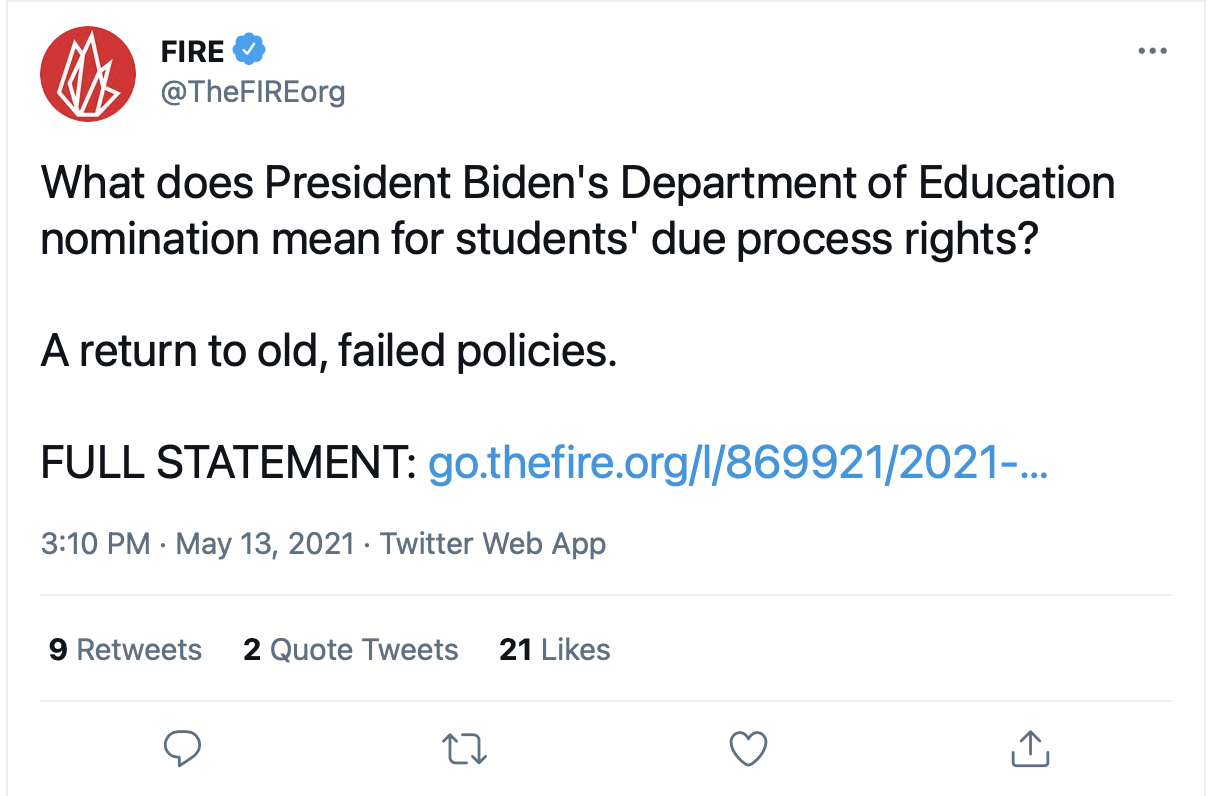How Pervasive is the Teaching of Critical Race Theory?
Last month, Andrew Gutmann started speaking out against critical race theory, as it was being taught at his daughter's private expensive Manhattan school, Brearley School. In his letter to the Brearly community, he accused Brearly of teaching children illiberal and indoctrinating antiracism initiatives and divisive obsession with race. Gutmann has founded Speak Up For Education. .
Today, Gutmann authored an opinion piece at The Hill. Here is an excerpt:
There appears to be widespread belief that opposition to critical race theory is a view held solely by the political right. This perception is wrong. It is certainly true that the conservative media has almost exclusively embraced viewpoints unfavorable to critical race theory while the liberal-oriented media has been overwhelmingly approving. But our polarized media does not seem to accurately reflect the view of most Americans.
Since my letter became public, I have received several thousand supportive emails and messages from people across this country, including many from self-described Democrats and liberals. The tone of most of the messages sent to me is not at all political in nature; instead, the tenor is one of desperation and powerlessness.
I have received emails from parents expressing devastation that their kids, as young as five years old, are coming home from school after being taught to feel guilty solely because of the color of their skin. I have received messages from grandparents feeling hopeless that their grandchildren are being brainwashed and turned against their own families. And I have received notes from teachers brought to tears because they are being required, day after day, to teach fundamentally divisive, racist doctrines and being forced to demonize their own students.
Perhaps the most powerful – and most frightening – of the notes I have received are the several dozen from those who identify themselves as having immigrated to America from the former Soviet Union or from countries in formerly communist Eastern Europe. These emails are never political in nature and are nearly identical in message: These first-generation Americans all write that they have “seen this movie before.” They are familiar with the propaganda, the tactics of indoctrination and the pervasive fear of speaking up that plague today’s United States. Simply put, they cannot believe this is happening here.

